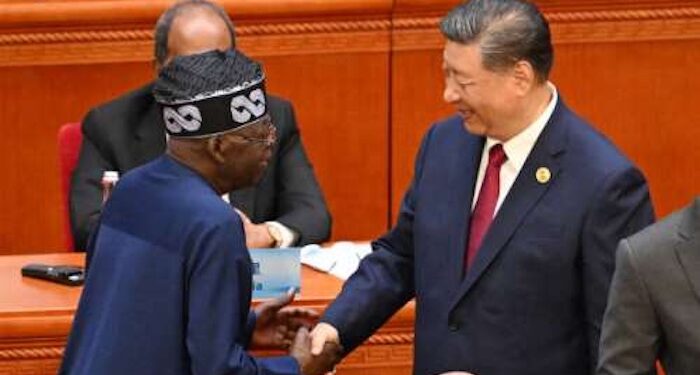China’s central bank has announced the renewal of its bilateral currency swap agreement with the Central Bank of Nigeria (CBN), a move aimed at enhancing trade and financial cooperation between the two nations.
The agreement, valued at N3.28 trillion (15 billion yuan or approximately $2.09 billion), is valid for three years and can be renewed upon mutual consent, according to a statement by the People’s Bank of China.
Boosting Bilateral Trade and Investment
The currency swap deal, first signed in 2018 under former CBN Governor Godwin Emefiele, is designed to provide local currency liquidity for businesses in both countries, eliminating the need for third-party currencies. The arrangement will expand the use of the naira and the yuan, simplifying transactions and enhancing trade volumes.
“The renewal of this agreement strengthens financial cooperation between China and Nigeria, promotes the use of local currencies, and facilitates bilateral trade and investment,” the statement noted.
Economic Cooperation Strengthened
Vice President Kashim Shettima recently lauded the growing trade relations between Nigeria and China, highlighting their mutual respect and cooperation. He revealed that in 2023, trade between the two countries reached $22.6 billion, marking a 33% annual growth.
Speaking during a visit from Zhang Qingwei, Vice-Chairman of China’s National People’s Congress Standing Committee, Shettima said, “Nigeria’s economy is rebounding, and our trade relationship with China continues to thrive. We value this partnership and will provide all necessary support to ensure its growth.”
Broader Benefits
The currency swap agreement is expected to benefit businesses in both nations by providing naira liquidity for Chinese enterprises and yuan liquidity for Nigerian companies. Additionally, it will improve foreign exchange reserves management, bolster financial stability, and promote broader economic cooperation.
This renewed partnership underscores the commitment of Nigeria and China to strengthening their economic ties, fostering mutual growth, and building a robust framework for international trade.


